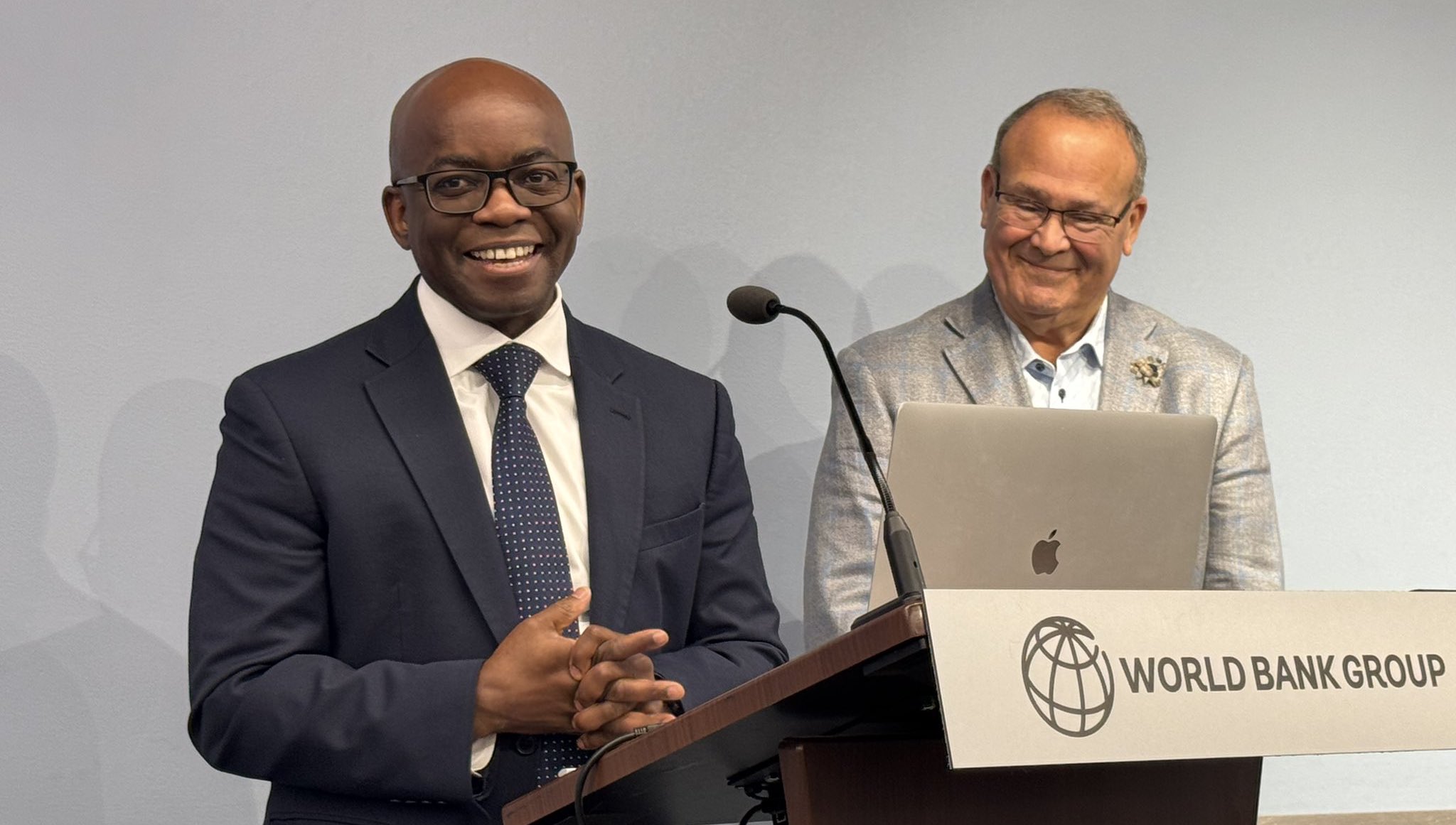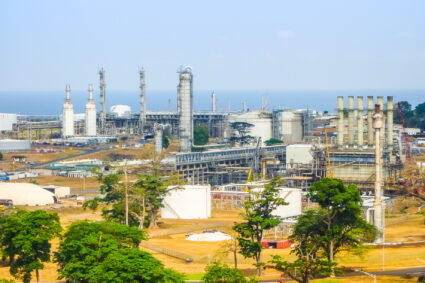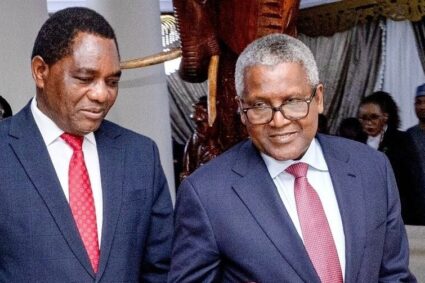
FINANCE: Dr Samuel Munzele Maimbo, a Zambian-born economist and senior World Bank official, has been formally nominated by the Southern African Development Community (SADC) to contest for the presidency of the African Development Bank (AfDB). The election, scheduled for 29 May 2025 in Abidjan, Côte d’Ivoire, comes at a moment of profound institutional transition across Africa’s development landscape.
Born in Lusaka in 1972, Dr Maimbo studied accounting at Zambia’s Copperbelt University, graduating with distinction. He later earned an MBA in Finance from the University of Nottingham and a PhD in Public Administration (Banking) from the University of Manchester. He is a Fellow of the Association of Chartered Certified Accountants (FCCA), UK. These academic credentials laid the foundation for a career that would bridge regulatory banking, international development, and strategic finance.
His professional journey began at PricewaterhouseCoopers (PwC) before moving to the Bank of Zambia as a Bank Inspector. In 2001, he joined the World Bank through its prestigious Young Professionals Program. Over the past two decades, Dr Maimbo has held leadership roles across several key divisions within the institution. As Practice Manager for Long-Term Finance and Risk Management, he led global efforts in areas such as capital market development, housing finance, disaster risk financing, and pensions. He later served as Senior Advisor in the Office of the Managing Director and Chief Financial Officer, followed by his appointment as Director for IDA Resource Mobilisation and IBRD Corporate Finance.
One of Dr Maimbo’s most notable achievements was leading the IDA20 replenishment process, which raised a record US$93 billion—over 70% of which was allocated to African countries. His efforts played a key role in accelerating funding for projects related to infrastructure, healthcare, agriculture, and education. In his current role as Vice President for Budget, Performance Review, and Strategic Planning at the World Bank, he oversees institutional budgeting, performance monitoring, and long-term planning across the institution’s global operations.
His candidacy for AfDB presidency reflects broad regional support, with SADC issuing a unanimous endorsement. In doing so, SADC cited his “pan-African experience, institutional expertise, and a strong track record in mobilising development finance”. Dr Maimbo is one of five candidates approved by the AfDB Board of Governors’ Steering Committee. The others include Amadou Hott (Senegal), Sidi Ould Tah (Mauritania), Abbas Mahamat Tolli (Chad), and Bajabulile “Swazi” Tshabalala (South Africa).
Dr Maimbo’s policy vision for the AfDB prioritises a technocratic overhaul of the Bank’s operational and governance framework. His approach includes strengthening internal audit systems, leveraging data analytics to enhance project delivery, and simplifying operational procedures to reduce bureaucratic delays. He has also expressed a commitment to mobilising domestic capital across African states to reduce dependency on external debt.
A core component of his agenda centres on addressing the continent’s persistent infrastructure deficits. With over half of Africa’s population lacking access to reliable electricity, Dr Maimbo argues that expanding access to clean and affordable energy should be a cornerstone of AfDB’s investment strategy. He has also highlighted the importance of targeted support for value-added industries, regional trade corridors, and small and medium-sized enterprises (SMEs) as catalysts for inclusive growth.
The timing of his candidacy is especially significant. The year 2025 will mark not only a leadership transition at the AfDB but also similar changes at the African Union Commission and the African Export-Import Bank. For policy analysts, this alignment of institutional transitions represents both a challenge and an opportunity to reset and realign Africa’s multilateral governance apparatus.
Outside of his professional domain, Dr Maimbo maintains strong ties to his community and faith. Raised in a Seventh-day Adventist household, he has often underscored the values of service, stewardship, and integrity as central to his worldview. These principles, he notes, have guided his commitment to ethical leadership and transparency in public finance.
The AfDB presidency is one of the most influential positions in Africa’s development ecosystem. The bank, with subscribed capital exceeding US$200 billion, plays a central role in financing infrastructure, fostering private sector development, and responding to climate-related vulnerabilities. The institution has also grown in global stature under the outgoing president, Dr Akinwumi Adesina, whose tenure was marked by an increase in capital resources and stronger alignment with international climate goals.
If elected, Dr Maimbo will assume leadership at a time of macroeconomic uncertainty, climate-induced instability, and rising demands for debt restructuring. His success will depend not only on his technocratic acumen but also on his ability to build consensus among diverse stakeholders—including African governments, donor countries, private investors, and civil society. Yet his record suggests a rare combination of regional legitimacy, institutional experience, and global financial insight.


